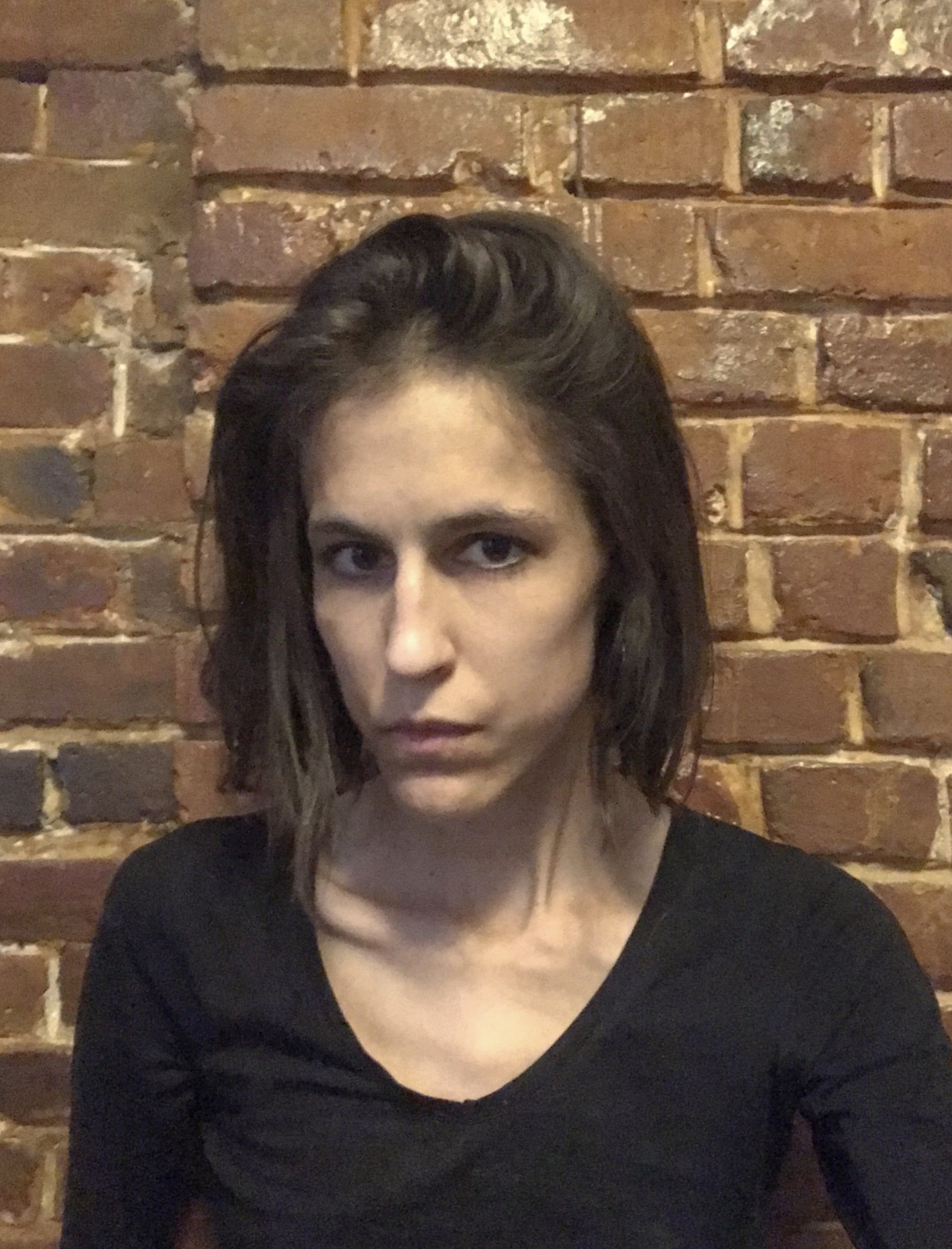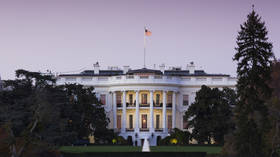Too white, or too woke? ‘Little Women’ shredded in media gauntlet, but critics are the ones flaunting their privilege
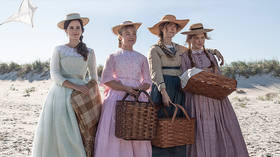
The latest film adaptation of Little Women has been savaged for failing to check the required inclusivity boxes, but critics slamming the “too white” film for its egregious displays of “privilege” have missed the point of cinema.
Little Women has both liberals and conservatives seething over filmmaker Greta Gerwig’s choice to avoid overtly shoehorning contemporary politics, race relations, and more of the critical catnip that reviewers have come to demand into Louisa May Alcott’s saga of an impoverished Civil War-era family of girls coming of age in 19th-century America.
By whining that the film’s struggling (but white!) characters are “too privileged,” these critics - knuckles white from fervent pearl-clutching - have merely put their own insatiable privilege on display.
Once upon a time, reviews were consulted to determine the quality of a film; now they merely provide an overview of its social justice bona fides - and the writers want you to know that there’s nothing you can do about it.
Uber-woke Teen Vogue puts Little Women up against the wall as a stand-in for all adaptations of classics which have the gall to retain the original characters, instead of replacing as many as possible with oppressed minorities.
Sure, the “women” in Little Women are almost all members of the same family, so replacing just one of the sisters with a black actress would look a little strange. But because Gerwig neglected to flesh out one male character’s backstory from the novel onscreen, she should have given up any attempts at remaining faithful to the period, critic Natalie de Vera Obedos insists. It worked for Lin-Manuel Miranda with Hamilton!
“A Little Women film that completely suspends disbelief and racebends every character seems entirely possible, and would have been major in terms of on-screen presentation,” she gushes.
Also on rt.com Iron Man is now a black teen girl: Forced diversity is killing Marvel & DC comics but anti-SJW writers are fighting backSure - if we’re totally discarding the material, why not remake it with creepy CGI cats next? Critic’s privilege lets the social-justice vultures remake the director’s work in their image. With nearly a dozen versions of Little Women listed on IMDB, one hopes for some variation between them, but with Hollywood still in the grips of an epidemic of diversity-soaked revamps of classics in which beloved characters are replaced with PC stand-ins, Gerwig should be applauded for not giving in to the temptation to follow the leader. Besides, a graphic novel version released last year already reimagined the characters as “blended, multiracial and LGBTQ inclusive.”
Ironically, Obedos stabs her own argument in the back halfway through her polemic, admitting that “Little Women and classics like it have proven to be relatable no matter who is reading or watching.”
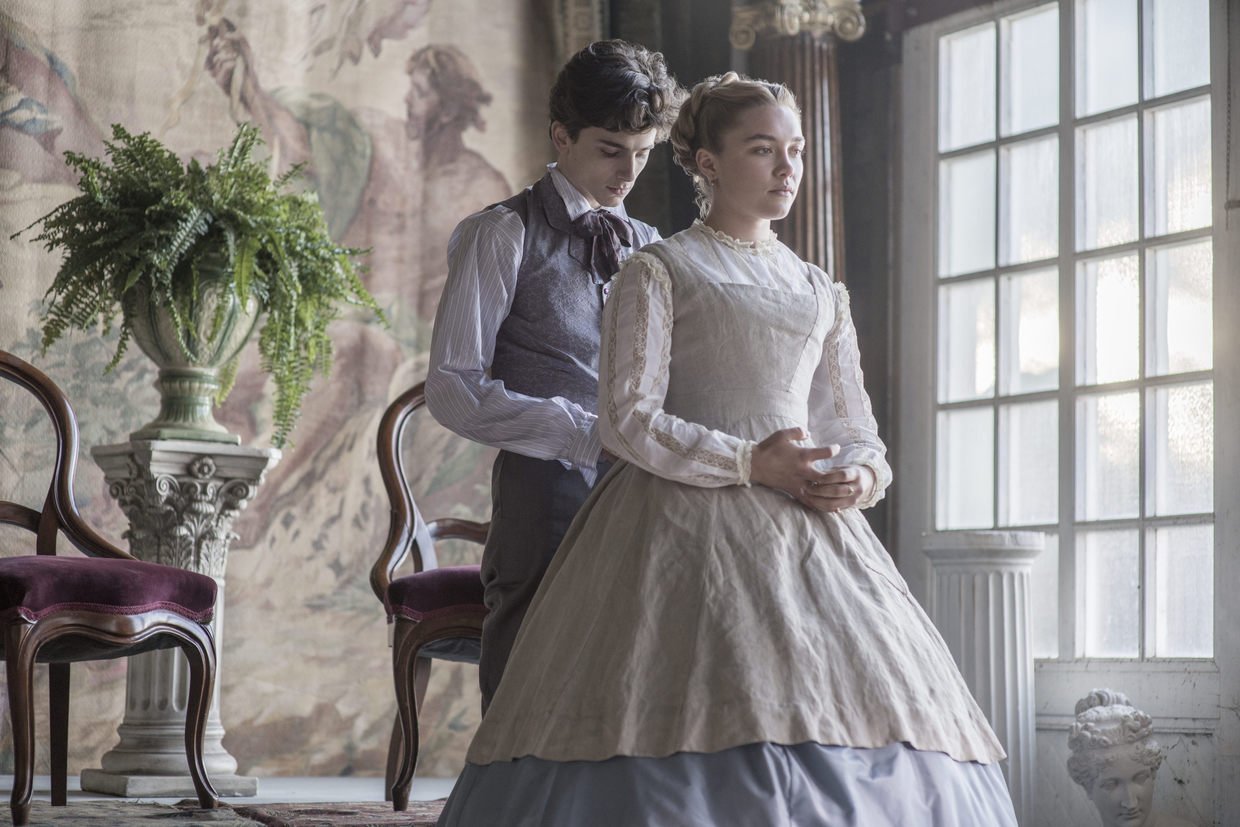
But she uses this fact to demand more skin-deep “diversity,” not to argue that diverse audiences are capable of inhabiting characters who don’t necessarily look like them.
Indeed, one might even detect a hint of … racism? … in Obedos’ assumption that nonwhite audiences have so little imagination they can’t suspend their own disbelief for long enough to identify with white characters.
And some of the nonwhite audiences Obedos purports to speak for have come out against her call for diversifying the classics. Black feminist critic Kimberly Nicole Foster pointed out that ‘Little Women’ is “very obviously a white woman’s story of its time,” and dismissed the need to retroactively reimagine white characters as black. Instead, Hollywood should make more films specifically about nonwhite characters, Foster argued.
This view itself represents something of an evolution for Foster, who back in 2015 was arguing “why we need a black Hermione Granger” (the [presumably white] female lead in the Harry Potter series) - perhaps she has realized, after four years of watching Hollywood replace beloved characters with clumsily tokenized minorities, that there’s a better way to represent marginalized communities on film.
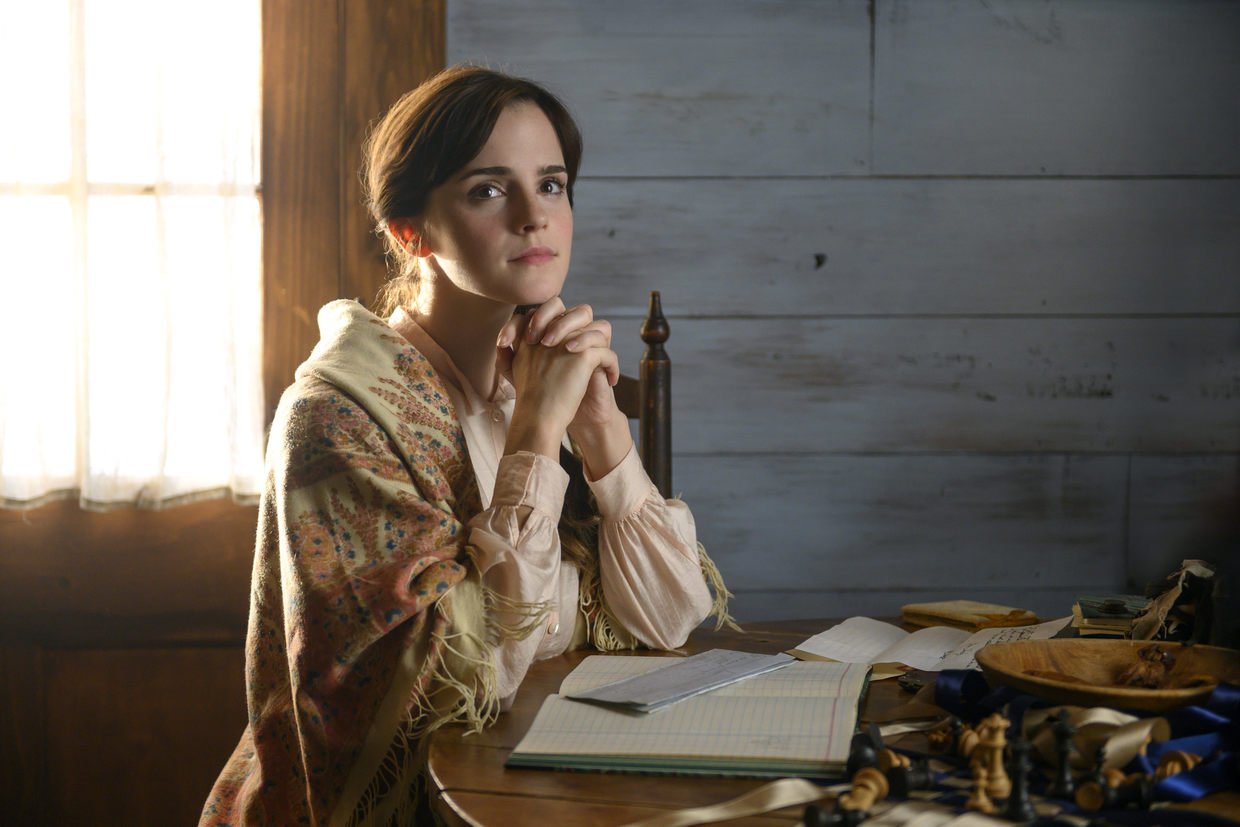
The National Review piles on Little Women from the other end of the political spectrum, nevertheless appropriating standard SJW vocabulary in order to accuse the film of “romanticizing white privilege” with “casual racism” (there is, apparently, one scene in which the matriarch of the family “lectures” a black hospital worker). Reviewer Armond White - often dismissed as a “professional troll” for his contrarian takes - accuses Gerwig of “blend[ing] cultural illiteracy with feminist blandishment,” a slam that doesn’t have to make sense, because its author is one of the few remaining American film writers considered a household name.
Flaunting a special kind of White privilege (ouch), even as he calls out Gerwig for hers, the critic takes full advantage of the fact that the reader has (presumably) not seen the film, knowing he can contradict himself all he wants and blame the inconsistencies on the director. While first praising Gerwig for not succumbing to the “pussyhat-wearing” political dilettantism of her peers, he by the end of his review finds a way to slam the dialogue - Alcott’s own writing! - as mere “pussyhat speeches” fit for a Michelle Obama.
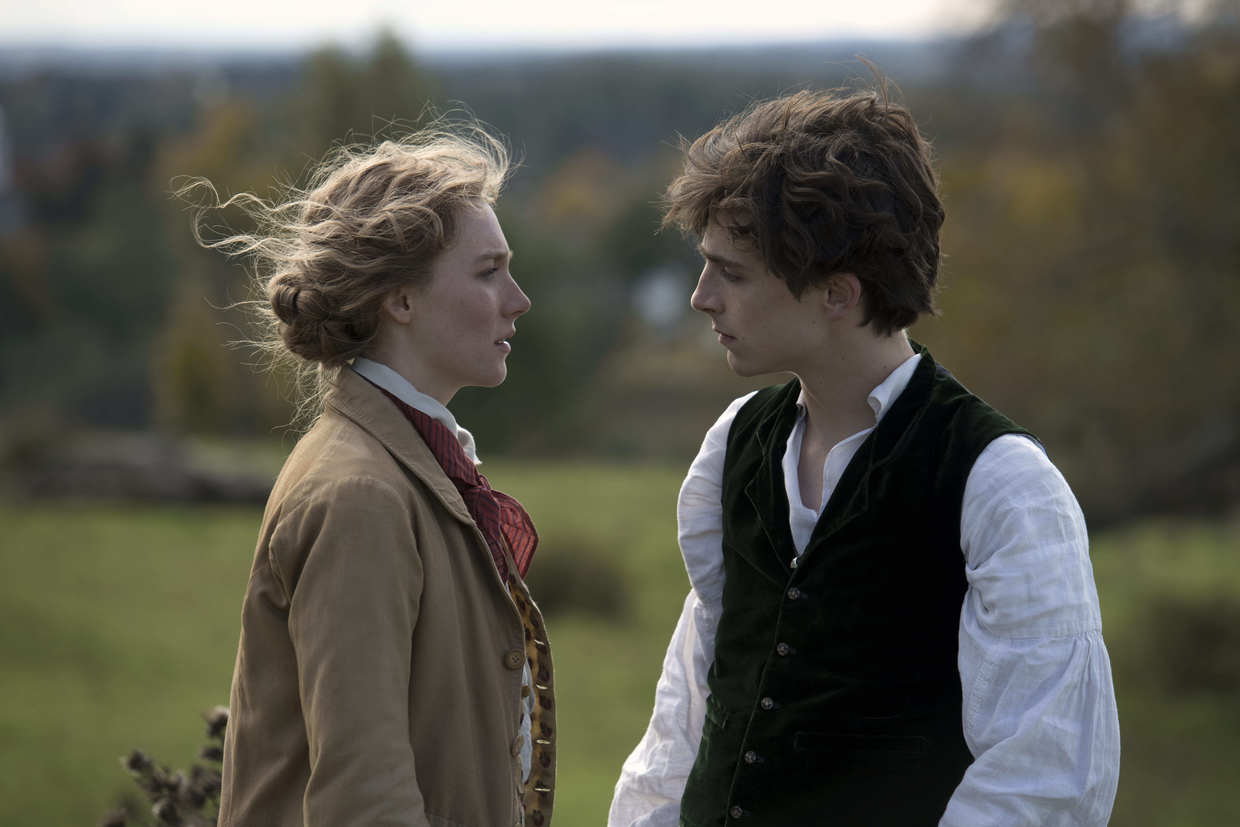
In burying the film under a jumble of right-wing cliches, White has improbably conjured up the mirror-image of Obedos’ SJW stereotype. Demanding every film wedge a quota of minorities into its cast is critic’s privilege run amok. It not only insults directors by presuming the virtue-signaling reviewer knows better than they how to tell the stories they’re being paid millions to tell, but also tokenizes minority actors by reducing the decision to cast them into an assumed concession to PC demands.
Already, the UK’s BAFTA awards require a certain number of inclusivity boxes be checked for a film or TV show to even merit awards consideration. And the “#OscarsSoWhite” backlash of years past has guilted American critics into consciously favoring minority actors and directors.
Also on rt.com BAFTA's diversity quotas want to counter hate. Instead they'll make producers & audiences hate TVObviously, minority filmmakers and actors are just as capable of turning in award-worthy work as their majority counterparts, but when evaluating films on the basis of “inclusivity” rather than quality becomes the norm, a twisted form of racism disguised as diversity takes over.
Critics like Obedos and White crack the whip in the tyranny of low expectations. Paralleling the rise of the woke critics, though, is the decline of those critics’ relevance to audience choices. While telling someone they’re a bad person for not enjoying Moonlight has never been enough to change their mind, in 2017 they may have feigned appreciation of the underwhelming Oscar-winner to avoid ostracism. In 2019, however, after critics warned that Joker lionized “toxic masculinity,” promoted misogynist stereotypes, and would encourage mass shootings, the film went on to set box office records.
Good cinema will always survive bad critics, and they have no one to blame but themselves for their downfall.
Like this story? Share it with a friend!
The statements, views and opinions expressed in this column are solely those of the author and do not necessarily represent those of RT.
